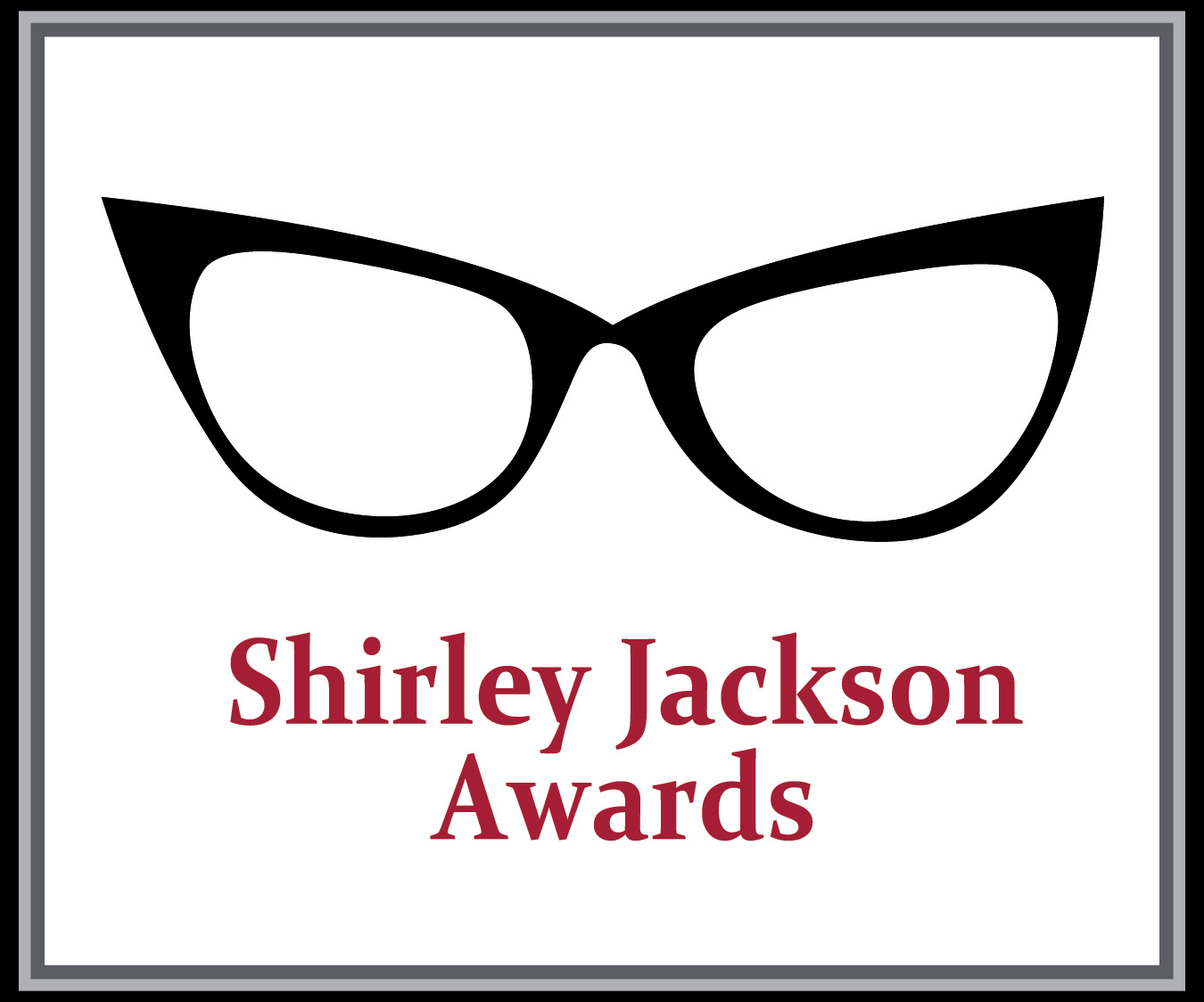Michael Rowe’s novel Wild Fell is a 2013 Shirley Jackson Awards nominee.
Charles Tan: What were the challenges in writing Wild Fell?
Michael Rowe: I think the challenges in writing Wild Fell are the challenges a writer would face writing any supernatural novel. To wit, engaging enough suspension of disbelief in the reader that he or she will happily follow you into the deepest, darkest part of Georgian Bay, to an island that exists only in the mind of the author, populated by entities that one is relieved exist only in the mind of the author. Ghost stories aren’t exactly an unexplored literary country, so coming up with a new or original mythology was a challenge, as was honoring the classic tropes of the classic ghost story—which Wild Fell is a deliberate and unambiguous nod to—while simultaneously updating them for a 2014 audience of readers. All too often, writers working in genre announce that they’re doing a modernized version of this or that, and the reader soon discovers that the writer has no fundamental understanding of the genre they’re “updating.” This often results in work that reads as tinny and derivative. No writer wants to elicit that reaction in a reader.
Charles Tan: What made you decide to visit The Corran and how did it influence your setting?
Michael Rowe: The Corran was a 19th century mansion deep in the heart of rural Ontario owned by Alexander MacNeil, a political figure of the era. In its day, the house, built in 1882 on the edge of the town of Wiarton, was renowned as one of the most beautiful of its kind, and high-society visitors from all over Canada, the United States, and Britain came to visit it. It’s described as having been rich with tapestries and oriental rugs, with oil paintings, and with beautiful furniture. It took 15 servants to run it. The gardens were likewise described as exquisite, and featured a special “black rose,” allegedly grown from cuttings from the gardens where Mary Queen of Scots was imprisoned. The Corran eventually fell into disrepair when the family died off, and was permanently destroyed by a fire in the late 1960s. I’d come across a reference to the ruins when I was making notes for Wild Fell.
I visited the ruins during the winter. It was hard to find, initially, because of the snow, but we found the spot off the highway and hiked in through the drifts, and eventually found it. It’s a cliché to say that the ruins were “haunting,” but that’s really the best word to describe it. The silence was almost absolute, broken only by the odd crack of a tree branch, and the ruins themselves were stark and etched in snow. The impression the scene made on me was quite indelible, and the image of it—particularly its remoteness, and its actual sense of being remote—very specifically informed the house in the novel. The cliff upon which the house in the novel is built was inspired by the small but deadly cliff leading down into Colpoys Bay that we found at the edge of the property. The library in the town of Alvina was inspired by the town library in Wiarton where we stopped to do a bit of local research before driving up the highway in search of the ruins. And another small but amusing anecdote from the trip that made its way into the novel is the fact that the grandfather of one of the shopkeepers we visited on the way out of Wiarton had played chess with the butler at the Corran.
Charles Tan: You’ve written nonfiction and edited anthologies. How different or similar is your process when it comes to novel writing?
Michael Rowe: It’s completely different.
With an anthology, you’re curating the best work of other writers in the service of the vision of an anthology you’ve conceived. With nonfiction, you’re bound by facts, and your responsibility is to illuminate those facts for the reader in a way that communicates them clearly. With novel writing, you’re not bound by facts, except inasmuch as you’re using actual facts in your fiction, but instead of being bound by facts, you’re responsible for creating a universe of facts of your own, then abiding by them.
In terms of my process, the sitting down to write part is the same, but the length and intensity of the writing sessions when I’m working on a novel is very different than when I’m writing nonfiction. I don’t want to get “lost” in nonfiction writing, because, as I said, I’m accountable to facts.
When I’m working on fiction, specifically a novel, I want to get lost. I want to become so immersed in the universe of the people I’m writing about that the world I see in my mind is the world I’m describing on paper, and the voices of the characters are so strong that I’m taking dictation instead of thinking in any measured way about what a character would say, or do, next. I call it the “sweet spot,” and it’s the closest thing to nirvana that I expect to attain, short of transcendent sex or transcendent love. It’s like communicating with the dead, except you’re not communicating with the dead at all—you’re communicating with people who’ve never existed.
